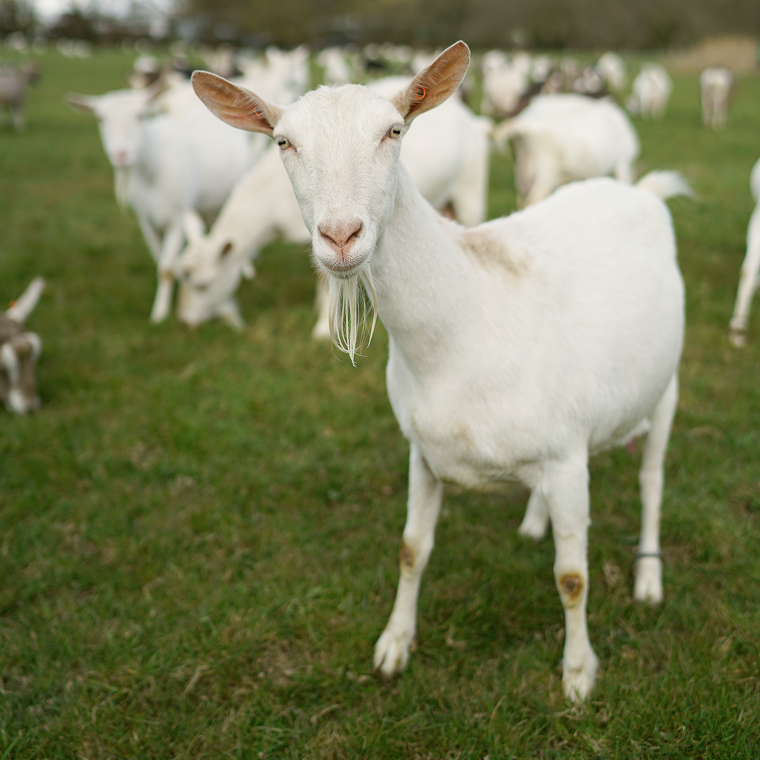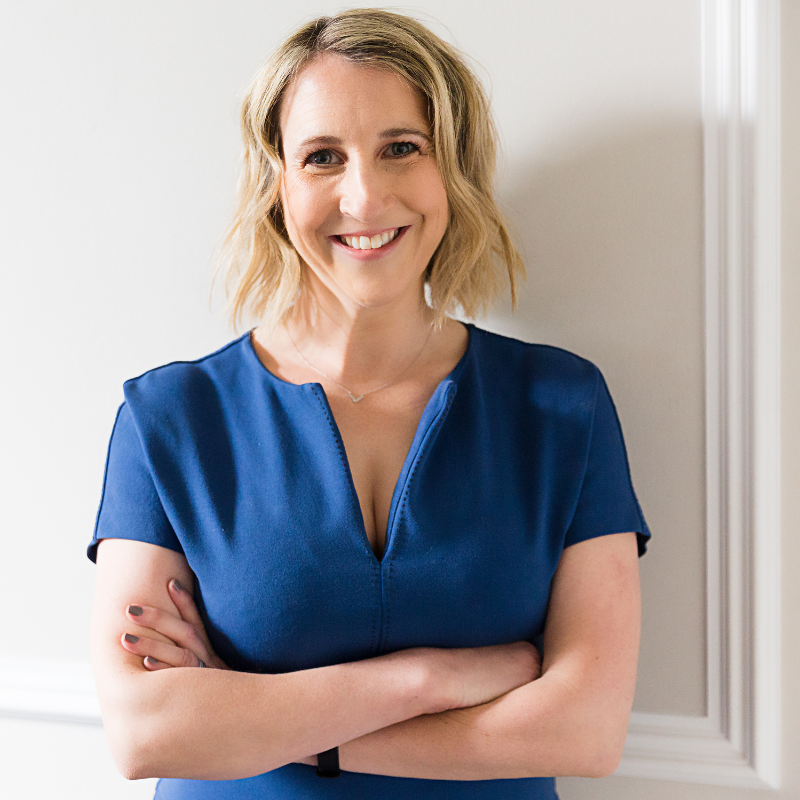One of the most common comments from parents of a newborn baby is “my baby won’t sleep!” Often it isn’t that your baby won’t sleep, more that they prefer sleeping during the day than the night and they enjoy sleeping on a parent’s chest or being held. This post will explore some of the most common sleep related questions from parents of a newborn baby and help you to understand what is normal.
How much will my newborn sleep?
The average newborn baby sleeps for roughly 16 hours each day; some need more than this and others less. Your baby’s sleep pattern may also change from day to day, however in the first few weeks they won’t sleep more than 2-4 hours at any one period. You will find your baby sleeps for a large part of the day, waking mainly for feeds and then drifting back off to sleep not long after. This pattern will gradually start to change over the coming months with more ‘awake’ periods emerging.
How do I recognise my baby is tired?
Your baby will give you a number of subtle clues he is tired. It will take you a few weeks to recognize these signs, but if you do some baby watching you’ll soon pick up on these cues. None of us like being kept awake when we’re tired, so rather than waiting for your baby to be overtired, put him down to sleep as soon as he shows signs of being tired. Common signs include becoming quiet, losing interest in people and toys, making small jerky movements, yawning, frowning, clenching fists into tight balls, rubbing his eyes and pulling on his ears. If your baby gets to the point of fussing and crying, then the window of opportunity has been missed and your baby can become grumpy and more difficult to settle.
Why is my baby awake more at night?
Newborn babies don’t know the difference between day and night and until their circadian rhythm kicks in at 2-4 months of age they will continue to wake at night. Part of this is also a survival technique as newborn babies need to feed during the night for healthy growth and development, regardless of whether you are breast or bottle feeding. Many babies will grow out of this phase as their bodies grow and mature.
How can I teach my baby the difference between night and day?
When babies are newborn, they don’t know that night is for sleep and day is for being awake. By the age of three to six months and on occasions earlier, a pattern begins to develop with day-time naps becoming a little shorter and night-time sleeps longer. Do not attempt to keep your baby awake during the day in the hope they will sleep longer at night as this will lead to a very tired irritable baby and a stressed parent. If anything, you can try to introduce your baby to the concept of day and night by drawing the curtains, dimming the lights, talking in quieter voices, turning off the TV and creating a relaxed environment as bedtime gets nearer.
Should my baby have a sleep schedule?
It is easy to think your newborn baby’s sleep pattern is totally disorganized. Newborns often sleep in short bouts at what seems like random times during the day and night. To make things worse they often wake easily. The good news is by the time your baby reaches 3-6 months a regular sleep pattern will start to emerge, although it might not be exactly the pattern you want. The most important thing is to recognize that most newborn babies will wake for a feed roughly every 2-4 hours and may then have a period of being awake for 30-45 minutes after each feed before needing to go back to sleep again. Look out for cues of tiredness at this time and settle your baby to sleep before he becomes overtired.
When will my baby start to sleep longer?
Around 6-8 weeks of age babies start to sleep for shorter periods during the day and slightly longer periods at night, although most will still continue to wake for feeds at night. Over time the sleep periods at night will gradually start to become longer.
How do I establish good sleep habits?
Your baby can start to develop good sleep habits from as early as 6 weeks after birth. This is the point at which your baby will start to develop the natural circadian rhythm, which helps to regulate day and night time sleep. For the first few weeks your baby won’t be able to stay awake for longer than 1-2 hours at a time, wait much longer to settle your baby and he’ll be overtired and grumpy. So do a little baby watching and recognize his cues of tiredness. If you spot these signs, then pop your baby down in his moses basket or crib whilst still slightly awake so he learns how to settle himself off to sleep. Try to avoid rocking or cuddling your baby to sleep as he will become used to this and need the same technique every time he needs to go to sleep, both during the day and night. Start to teach your baby the difference between day and night by using day and night-time clothes, play, talk and interact with him during the day, makes daytime feeds interactive with talking and singing whilst keeping night feeds quiet and calming. Keep the house light and bright during the day and dim the lights and create a calming, relaxing environment at night. Make noise during the day and keep things hushed at night. Finally, you can start to introduce a bedtime routine from as early as 6-8 weeks of age with a bath, baby massage, pyjamas, feed, story or lullaby and into bed. Keep this routine the same every night and your baby will start to recognize it’s time for bed.
How do I cope with disturbed nights?
If you’re having a lot of sleepless nights, then getting through the day can feel tough. You can try sleeping when your baby does, unplugging the phone, cutting back on housework, be sure to eat well and drink plenty, consider asking a friend or relative to come over to watch the baby so you can sleep. Ask your partner to take over a couple of night-time feeds so you can get more sleep. You could also consider having your partner take responsibility for say a weekend night and retreating to a space room for a night alone.
If you’d like to find out more about baby milk and the Kendamil product range, please click here.
Important Notice: Breastfeeding is best. Kendamil Follow-on milk is only for babies over 6 months, and should be used as part of a mixed diet. Please talk to your Healthcare Professional.

















